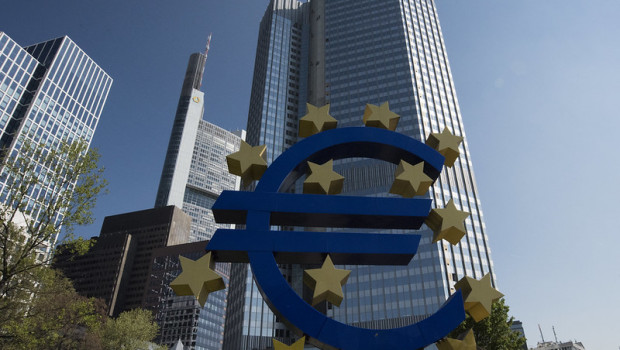Eurozone sliding into recession as output contracts again

Economic activity in the eurozone contracted in November for the fifth month in a row, suggesting that the bloc is falling into recession, according to a survey released on Monday.
The final S&P Global composite purchasing managers’ index - which measures activity in both the services and manufacturing sectors - rose to 47.8 from 47.3 in October, in line with the initial estimate. However, it remained below the 50.0 level that separates contraction from expansion.
The eurozone services business activity index printed at 48.5 in November, down from 48.6 in October and hitting a 21-month low.
S&P Global noted that although November’s composite reading was up from October, indicating a softer rate of decline, it marked the longest downturn in the eurozone economy since the recession between 2011 and 2013 that was triggered by the eurozone debt crisis.
Chris Williamson, chief business economist at S&P Global Market Intelligence, said the fifth consecutive decline in monthly output signalled by the PMI "adds to the likelihood that the eurozone is sliding into recession".
"However, at present the downturn remains only modest, with an easing in the overall rate of contraction in November means so far the region looks set to see GDP contract by a mere 0.2%," he said.
"Manufacturers are seeing some benefits of improved supply chains and the service sector, while still in decline amid the cost-of-living squeeze, has so far not suffered to the degree that many were expecting."